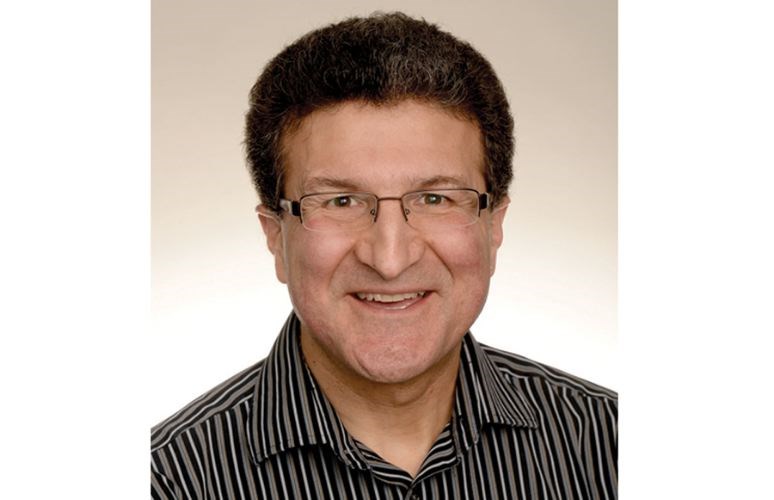I recently heard Romeo Dallaire, the commander of UN peacekeepers during the Rwandan genocide and former Canadian senator, speak to a group of university students.
While lamenting about his frustrations in bringing about significant change to the humanitarian policies of the Canadian government, he pointed out that if young people voted, we could have a completely different government.
He makes an excellent point.
According to Elections Canada, voter turnout in the 2011 federal election for those aged 18-24 is the lowest for any age group, being only 38.8 per cent.
The national average was 61.1 per cent, which is still low.
If we leave it up to those who already vote, we will get more of the same. If we want change, our young people can easily swing the vote. All they need to do is practice their democratic right.
The excuse that I hear from so many young people for not voting is that their vote makes no difference. This puzzles me. In fact, I see no truth in the statement. It shows a complete lack of awareness of the democratic process and the power of the human will.
The will of the people cannot be silenced, unless the people choose to silence themselves, as our young people are doing.
Ironically, when governments deny political rights, it is the people, usually the young people, who eventually overthrow the dictators through persistent effort and sheer courage. The examples below clearly illustrate this point.
I lived in the Philippines in the early 1980s, near the end of the reign of Ferdinand Marcos. There was a story, which I believe to be apocryphal, that on one occasion Marcos said to the leader of the Catholic Church, "I admire those Americans. They know the results of their elections on the day of the election."
To this the Catholic Cardinal replied, "How about us Filipinos? We know the results of the election before the election!"
In 1986, Marcos had apparently won another election, yet the people refused to accept the result. They took to the streets and peacefully demanded change. Within a relatively short time, Marcos had left the country, and Corazon Aquino became president, the choice of the people.
During the Cold War, there was no political freedom behind the Iron Curtain.
When people did oppose the government they were put down violently.
Finally, in 1989, their protests swelled to a level that could no longer be denied, and the Berlin Wall fell without a shot being fired.
We are so fortunate in Canada to have free elections. Not only that, but our politicians (at least the good ones) are accessible to the public and are willing to listen to our points of view. They may agree to disagree with us and not vote according to our wishes, but we the people ultimately hold the power. We can vote them out of office.
Our system is not perfect, but it is far better than the systems in place in much of the world.
If it needs to change, it is our responsibility to bring about those changes through active participation in the political process.
We all need to begin by voting.



